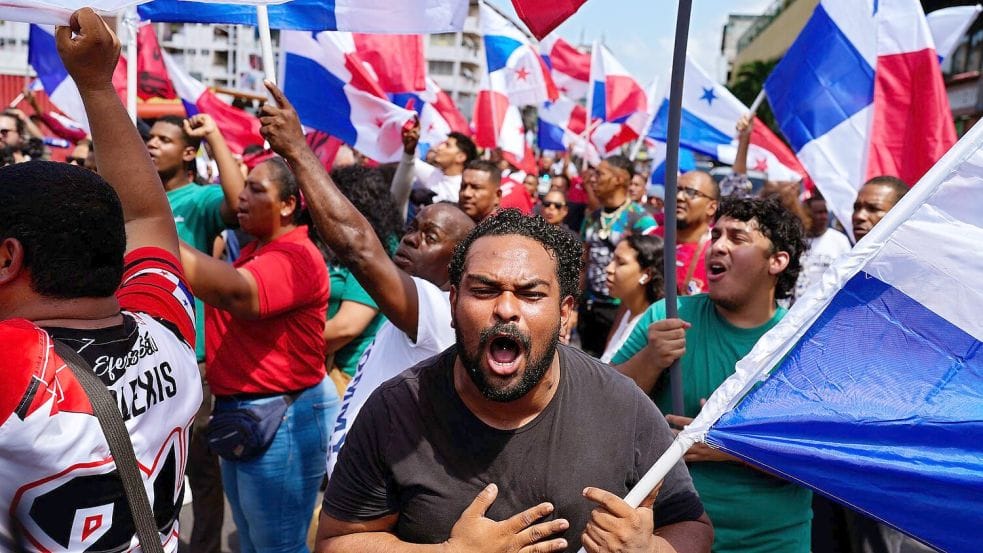The events of January 6, 2021, marked a significant moment in American history, as supporters of then-President Donald Trump stormed the Capitol in an attempt to overturn the results of the 2020 presidential election. In the wake of this unprecedented attack on the democratic process, the Department of Justice (DOJ) has been engaged in extensive efforts to investigate and prosecute those involved in the riots. However, these efforts have been complicated by a variety of factors, including the political landscape shaped by Trump’s ongoing influence.
From the outset, the DOJ faced the monumental task of identifying and prosecuting hundreds of individuals who participated in the Capitol riots. This involved sifting through vast amounts of video footage, social media posts, and other evidence to build cases against the rioters. As of now, the DOJ has charged over 1,000 individuals, with a range of offenses from trespassing to assaulting law enforcement officers. The scale of the investigation is unprecedented, and the legal ramifications are likely to be felt for years to come.
However, the prosecution efforts have not occurred in a vacuum. Trump’s rhetoric and actions following the riots have had a profound impact on the political atmosphere surrounding the DOJ’s work. In the months after the insurrection, Trump continued to assert that the election had been stolen, maintaining a narrative that resonated with a significant portion of his base. This narrative not only galvanized his supporters but also created an environment in which many individuals involved in the riots felt justified in their actions. Consequently, this has complicated the DOJ’s ability to pursue prosecutions effectively, as many defendants have sought to frame their actions as part of a legitimate political protest rather than criminal behavior.
Moreover, Trump’s public statements have also influenced the legal strategies employed by defense attorneys representing the accused. Many defendants have attempted to invoke the former president’s rhetoric as part of their defense, arguing that they were acting on his encouragement. This has led to a series of legal challenges, as attorneys seek to distance their clients from the consequences of their actions by linking them to Trump’s claims of election fraud. As a result, the DOJ has had to navigate a complex legal landscape where the motivations of the rioters are intertwined with the political messaging of a former president.
The political ramifications of Trump’s influence extend beyond the courtroom. The ongoing polarization within American society has made it increasingly difficult for lawmakers and the public to reach a consensus on the events of January 6 and their implications for democracy. Many Republican lawmakers have rallied around Trump, framing the prosecutions as politically motivated attacks rather than necessary actions to uphold the rule of law. This has created an environment in which accountability for the events of January 6 is viewed through a partisan lens, complicating the DOJ’s efforts to present a united front in pursuing justice.
In addition to the challenges posed by Trump’s influence, the DOJ has also faced scrutiny from various quarters regarding its approach to prosecuting January 6 participants. Critics have raised concerns about the perceived leniency shown towards some defendants, particularly those who have received lighter sentences or plea deals. This has led to questions about whether the DOJ is adequately addressing the severity of the crimes committed on that day and whether it is sending a strong enough message about the consequences of such actions.
As the DOJ continues its work, it must also contend with the evolving political landscape. The upcoming midterm elections and the potential for Trump’s return to the political forefront could further complicate the prosecution efforts. The interplay between legal accountability and political dynamics will likely shape the narrative surrounding January 6 for years to come, as both the DOJ and the broader public grapple with the implications of that day.
In conclusion, the DOJ’s ongoing efforts to arrest and prosecute individuals involved in the January 6 riots are deeply intertwined with the political climate influenced by Donald Trump. His rhetoric and actions have created significant challenges for the DOJ, complicating its ability to pursue justice effectively. As the nation continues to navigate the aftermath of the insurrection, the intersection of law and politics will remain a critical focus, raising important questions about accountability, democracy, and the future of American governance.



